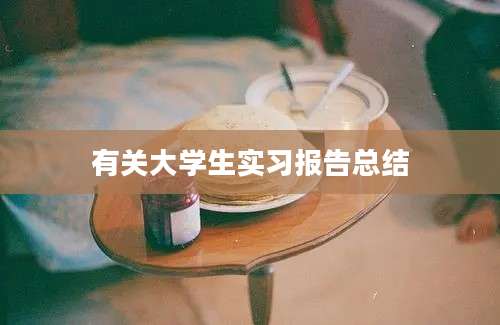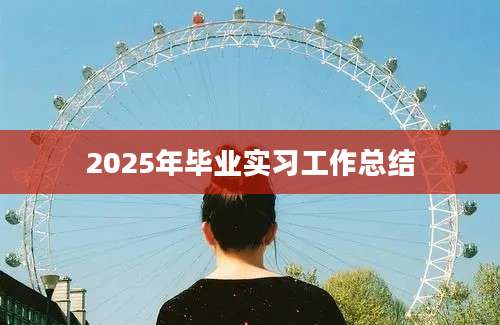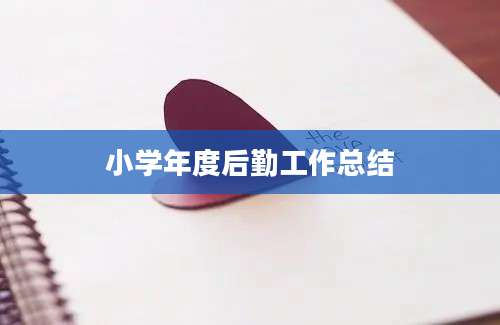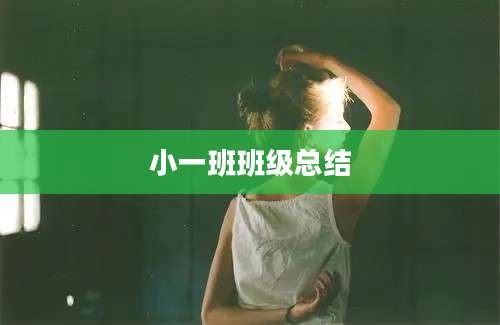范文:

Spring Festival, also known as Chinese New Year, is a time of great celebration and family gathering in China. Here are some English sentences that you can use to talk about the Spring Festival:
1. The Spring Festival is the most important traditional holiday in China.
2. People usually spend the Spring Festival with their families, enjoying delicious food and watching fireworks.
3. Red lanterns and couplets are hung on doors to bring good luck and happiness.
4. The Spring Festival starts on the first day of the lunar new year and lasts for 15 days.
5. During the Spring Festival, children receive red envelopes filled with money from their elders.
6. Dragon dances and lion dances are performed to ward off evil spirits and bring prosperity.
7. The Spring Festival is a time for cleaning the house to sweep away bad luck and welcome good fortune.
8. People wear new clothes and exchange New Year greetings, such as "Gong Xi Fa Cai" (Wishing you a prosperous year).
9. Traditional foods like dumplings and spring rolls are enjoyed during the Spring Festival.
10. The Spring Festival is also a time for visiting temples and offering prayers for the new year.
常见问答知识清单:
1. What is the Spring Festival?
2. When does the Spring Festival occur?
3. How long does the Spring Festival last?
4. What is the significance of red lanterns and couplets?
5. What are red envelopes used for during the Spring Festival?
6. What are dragon dances and lion dances?
7. Why do people clean their houses before the Spring Festival?
8. What are some traditional foods eaten during the Spring Festival?
9. How do people greet each other during the Spring Festival?
10. What is the meaning of "Gong Xi Fa Cai"?
详细解答:
1. What is the Spring Festival?
The Spring Festival, also known as Chinese New Year, is a major traditional holiday celebrated by ethnic Chinese and other groups of East Asia. It marks the beginning of a new year on the Chinese lunar calendar and is characterized by various customs and traditions, such as family gatherings, feasts, and festive activities.
2. When does the Spring Festival occur?
The Spring Festival occurs on the first day of the first lunar month, which can fall anywhere between late January and midFebruary on the Gregorian calendar.
3. How long does the Spring Festival last?
The Spring Festival traditionally lasts for 15 days, starting from the Chinese New Year's Day and ending with the Lantern Festival.
4. What is the significance of red lanterns and couplets?
Red lanterns and couplets are symbols of good luck and happiness. Red, which is associated with prosperity and joy in Chinese culture, are hung on doors and windows to bring good fortune and ward off evil spirits.
5. What are red envelopes used for during the Spring Festival?
Red envelopes, known as "hóngbāo" in Chinese, contain money given by elders to children and unmarried adults. It is a way to wish them prosperity and luck for the coming year.
6. What are dragon dances and lion dances?
Dragon and lion dances are traditional performances during the Spring Festival. They are believed to bring good luck and prosperity and are performed to drive away evil spirits and bad luck.
7. Why do people clean their houses before the Spring Festival?
Cleaning the house before the Spring Festival is a way to sweep away bad luck and welcome good fortune for the new year. It is also a symbol of starting the new year with a fresh, clean slate.
8. What are some traditional foods eaten during the Spring Festival?
Traditional foods include dumplings, which are eaten on Chinese New Year's Eve, and spring rolls, which are associated with wealth and prosperity. Nian gao, a sticky rice cake, is also commonly eaten as it symbolizes growth and prosperity.
9. How do people greet each other during the Spring Festival?
People exchange New Year greetings, such as "Gong Xi Fa Cai" (Wishing you a prosperous year) and "Xin Nian Kuai Le" (Happy New Year). These greetings are accompanied by the exchange of red envelopes and other gifts.
10. What is the meaning of "Gong Xi Fa Cai"?
"Gong Xi Fa Cai" translates to "Wishing you a prosperous year" in English. It is a common New Year's greeting that wishes the recipient success, wealth, and happiness in the coming year.










